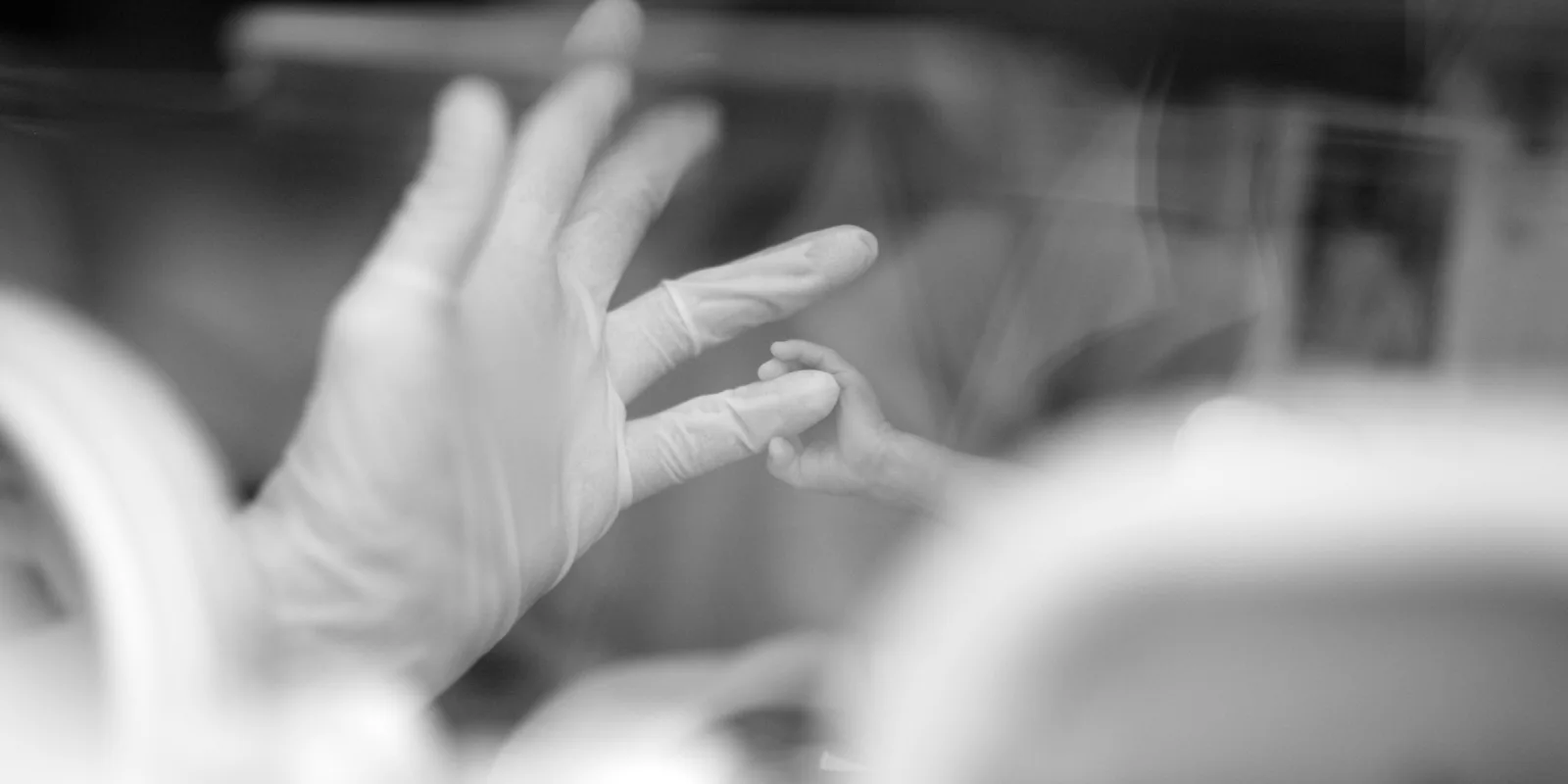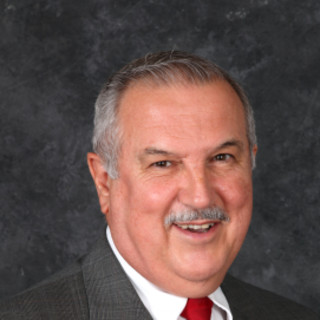I was just starting my medical career as an intern in pediatrics at a university in Texas. I had never been in the U.S. before, and so I left my hometown in Mexico feeling a little scared of what the future held. Fortunately, I found fantastic faculty and residents who were always very supportive.
My first rotation was in the NICU, a completely new world for me at the time. I had never seen a baby lighter than 3 pounds before. I was also amazed by the technology; I had never seen respirators or arterial lines with pumps. Even the monitors flabbergasted me, with their continuous heart rate and blood pressure monitoring. I felt that I had to spend the first week of my rotation just learning the equipment and admiring the tiny babies.
When I was on call one night, my resident told me that there was a car accident victim in the surgical ICU and they were going to have to perform a C-section to remove her baby. The surgery was going to be performed in the OR, but they required a pediatric resident to be in attendance to look after the baby. The department was really busy and so he wanted me to go by myself.
I went into panic mode. I told the resident that I had not done much resuscitation and did not feel comfortable. He told me not to worry, that the baby was only at 22 weeks of gestation and was not viable. I would likely not have to do anything, just be present.
Off I went, scared to death. It was close to midnight when I entered the OR. They had already started the C-section. I turned the warmer on, grabbed a few blankets, and turned on the oxygen. A few seconds later, they took the baby out. The nurse picked him up and brought him to me. He was tiny. I proceeded to follow instructions to dry him and wrap him up in blankets. His eyes were still fused and his skin was almost transparent, but he was breathing. As I drew the oxygen mask close to his face, I froze.
The surgery nurse came over, probably seeing my confusion, and told me that he was too little and needed to be taken back to the NICU. I placed him on my right arm like a football and headed downstairs to the NICU. When I arrived, everybody looked at me confused. I told them he was breathing. I wanted to know his weight, so we put him on a scale. He weighed 456 grams, and to everybody’s surprise, he was pink. My resident told me to put in an umbilical arterial line to find out what his blood gases were. I placed the line and learned that his blood gases were acceptable. As the baby grew tired over the next few hours, we put him on a respirator.
When things calmed down, I went up to the surgery recovery room to talk to his mother. She was already awake and asked me how long the baby had survived. She had previously been told that the baby would not survive, so when I told her he was alive on a respirator, she was ecstatic. She said she knew he was a fighter. I asked her if she had a name for him, and after some thought, she said, “I know he was born at midnight so I will name him Midnight.”
Midnight spent 46 days on a respirator and was eventually able to take his mother’s breast milk. I took care of him during his first two weeks of life and then asked for him to be assigned to me on my next rotation. I was lucky enough to be the one to discharge him home at just over 4 months old.
Midnight and his mother came back to visit the hospital every year on his birthday, and even after I moved away for my fellowship in Tennessee she continued to send me cards. I never missed an opportunity to see him when I went back to visit Texas. Our bond grew over time.
He eventually went to school and graduated from college. He is now a successful lawyer and has a wife and two children of his own. His mother died a few years ago, but he never stopped sending me what he called “reversed” birthday cards. He sent me one last month and told me he had turned 46 years old!
Have you stayed in touch with patients long after providing medical care? Share your experiences in the comment section below.
Dr. Rojas is a retired neonatologist. He attended medical school in Mexico and completed a pediatrics residency at the University of Texas in San Antonio. He studied neonatology at Vanderbilt University and practiced for 38 years before retiring.
All identifying information is shared with permission.
Image: Anna Jurkovska / shutterstock







